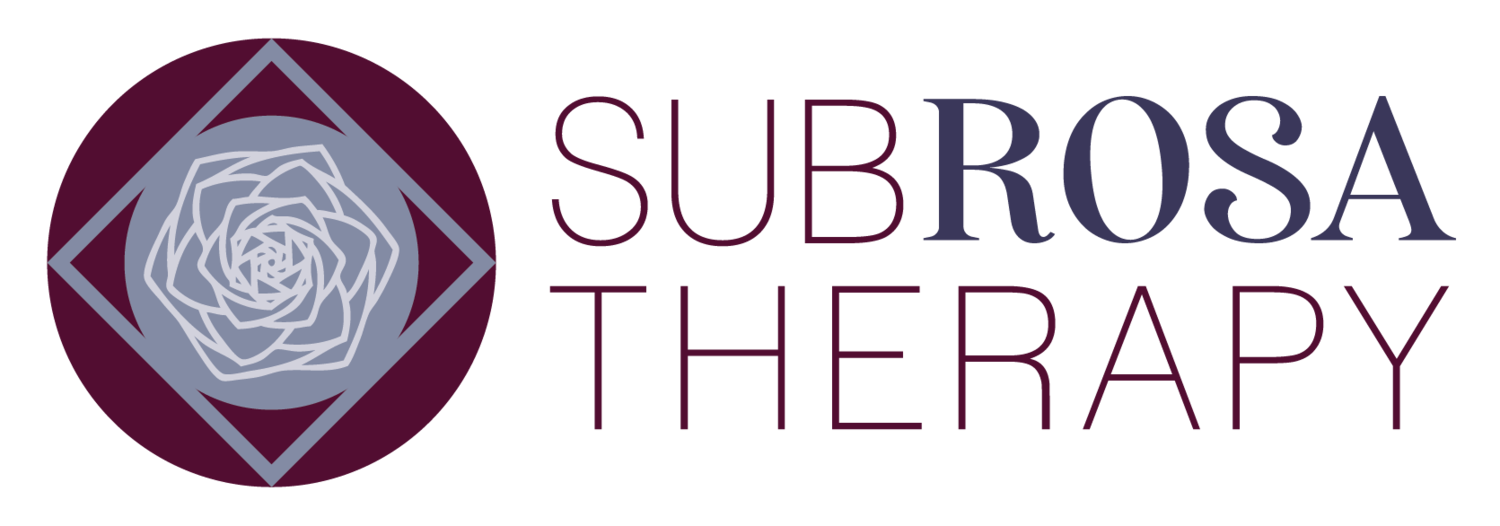
The Pollination Approach
What is the Pollination Approach?
We focus on intrinsically interdependent production of individual and community wellness
We focus on on the production of wellness, rather than the management of symptoms
We transform the economic conceptions that contribute to the rising rates of mental distress
The design of our clinic, the conduct of our integration activities, the configuration of our ownership and our decision-making structures, and the financial structures used to create and allocate our shared prosperity promote renewal through the recirculation of community resources
Our individual good as a clinic in inextricable from the good of our community
We avoid looking at clients and staff as resources to be extracted from the economy
We realize that disconnection and extraction are the root of our collective illness
We deliver mental healthcare in ways that recognize the mutually reinforcing relationship between individual and collective wellness via the pollination approach, which grounds itself in the continual renewal and recirculation of system resources (versus extraction and depletion)
First and foremost is the renewal and recirculation of human resources (i.e., reconnecting clients to social, economic, and other community systems, which will contribute to individual healing and to revitalizing the systems themselves)
We follow the pollination approach principles outlined by Bennet Zelner in his article The Pollination Approach to Delivering Psychedelic-Assisted Healthcare
Healing thrives in connection, equity, & the shared pursuit of collective well-being.
Principle 1
Local wisdom and community systems
Sub Rosa collaborates with local wisdom by identifying specific partner organizations and adapting other delivery-of-care elements to community needs and customs undertaken in close consultation with local wisdom keepers (community elders, social workers, ER workers, spiritual leaders, union representatives, local business owners, and others) who may all possess distinctive knowledge of common trauma patterns, recirculatory gaps in community systems, and sources of resource depletion and extraction.
Principle 2
Distributed local ownership and governance
Sub Rosa is locally owned and supports the health of Bozeman’s community economic systems by promoting the recirculation of income. Local ownership also promotes the sustainable use of a community’s human, natural, and other productive resources, because owners and managers participate directly in the local ecosystem, attuning them to local conditions. Distributed local ownership–ownership that is spread widely among local community members from different stakeholder groups–amplifies these benefits by dispersing financial returns and diversifying the information sources contributing to decision making.
Principle 3
Cooperative organization
Sub Rosa is a cooperative structure that distributes ownership and control among the members of stakeholder groups such as workers or customers. Cooperatives are typically organized as corporations or LLCs, legal forms that distribute the financial returns from community wellness centers among stakeholder-owners. Our ultimate goal is for community members to feel an ownership stake in Sub Rosa as an organization that participates in and contributes to Bozeman. Sub Rosa contracts with Montana Medicaid as a vital way to utilize community resources to redistribute benefits to those who might otherwise not have access to them.
